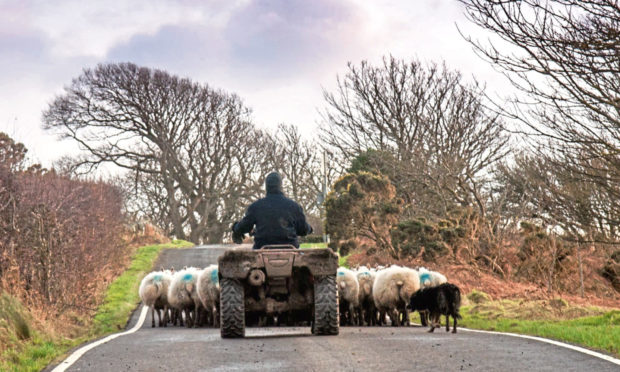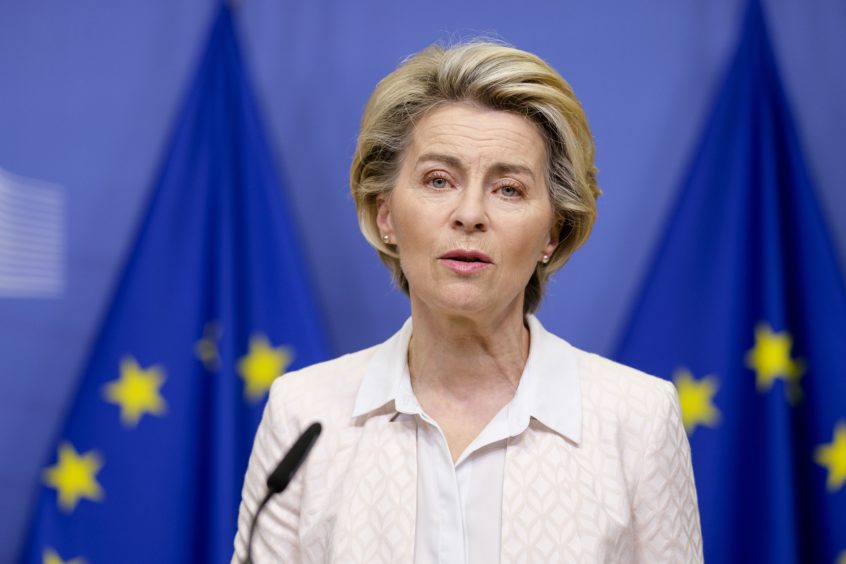The creeping realisation that the UK Government’s inability to negotiate a deal with the EU will result in the plug being pulled on our biggest market can’t be far from many farming minds this weekend.
I’ve reported on more eleventh-hour EU budget and fishing quota agreements than I care to remember and, without fail, the talks have gone late into the night and right to the wire; it always seemed a matter of principle that no member state would consider compromising until the trigger was about to be pulled.
But that was different. No one ever doubted that heads would eventually be knocked together, and no Commission president needed to announce emergency contingency measures such as those issued by Ursula von der Leyen this week.
Meanwhile, as negotiators go back over their same old red lines this weekend, businesses have made their own contingency plans including, in the seed tattie and grain sectors, commissioning every available vessel and truck to hightail it to Europe ahead of the predicted border queues and chaos in just 10 days’ time.
Real businesses, investments, futures and food security are now on the line and all we can do is watch in slow motion as the politicians flounder towards leaving the EU without a trade deal.
Both sides claim they want to do business, particularly in the current economic climate, but it is also now clear that the 27 don’t need the UK for trade more than they need to maintain the integrity of the single market and their international standing.
And the UK? Well, new markets might well open up – and let’s hope they do – but it will take a lot of exceptionally clever deals to make up for being excluded from free access to a market of 500 million people and the world’s biggest customs union.
As for the United States, let’s see if the new president will choose an alliance with the mighty EU over trade with the UK.
The sheep industry in particular must be holding its breath this weekend as nearly 98% of Scotch Lamb exports went to EU countries last year, and exports accounted for around 23% of Scottish sheep processing revenue.
Sheepmeat faces tariffs of 72% and Quality Meat Scotland say that based on current import values being paid in Paris, the price offered to a Scottish exporter after the tariff has been paid by the EU importer would have to fall by 36% to stay competitive at the same market price.
Hard facts like those should focus minds in the coming hours, not pointless hyperbole over sovereignty.

